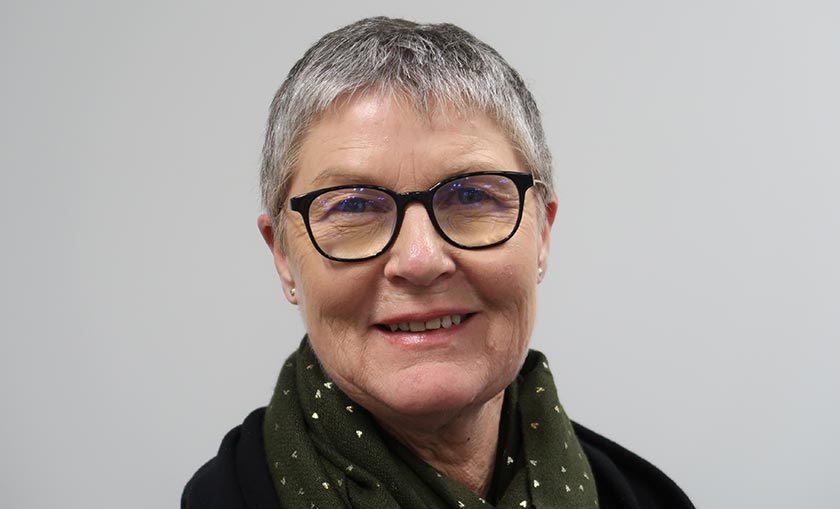“It is interesting to think about nurses as protectors of our borders. In a time of war, they would be considered heroes, but for now many are being excluded from the very community they are serving,” Ara Institute of Canterbury principal nursing lecturer Isabel Jamieson told Kai Tiaki Nursing New Zealand. “We wonder about the ongoing impact this may have on nurses and their families.”
Jamieson worked with Ara associate professor Cathy Andrew and Canterbury District Health Board registered nurse Jacinda King to interview 14 of the 84 registered and enrolled nurses working in Canterbury’s six MIQ facilities in December, as part of research into nurses’ experiences in these facilities.
In preliminary findings, shared at the primary health care nursing symposium in March, nurses described being “shunned” by their communities.
One told of how relatives refused to attend their family barbecue; one had to fight to visit her mother in hospital; others were turned away from public buildings and dentists. One nurse’s husband was ostracised from his sports club, and was told; “As long as your wife works there, you cannot be part of the club.” One nurse visiting her grandmother on her birthday was offered cake on the doorstep, Jamieson said.
Jamieson said stigmatisation was common during pandemics, and had occurred during the severe acute respiratory syndrome coronavirus epidemic in 2003, which spread from China to four other countries.
“So nurses need to know about this before they ‘sign up’ for this work,” she said.
Caring for “guests” who were detained in isolation was also unusual for nurses, she said. “In the MIQ, the ‘patient’ is a guest in a hotel that they cannot leave. It is a very unique situation… we may need to rewrite the text books.”




